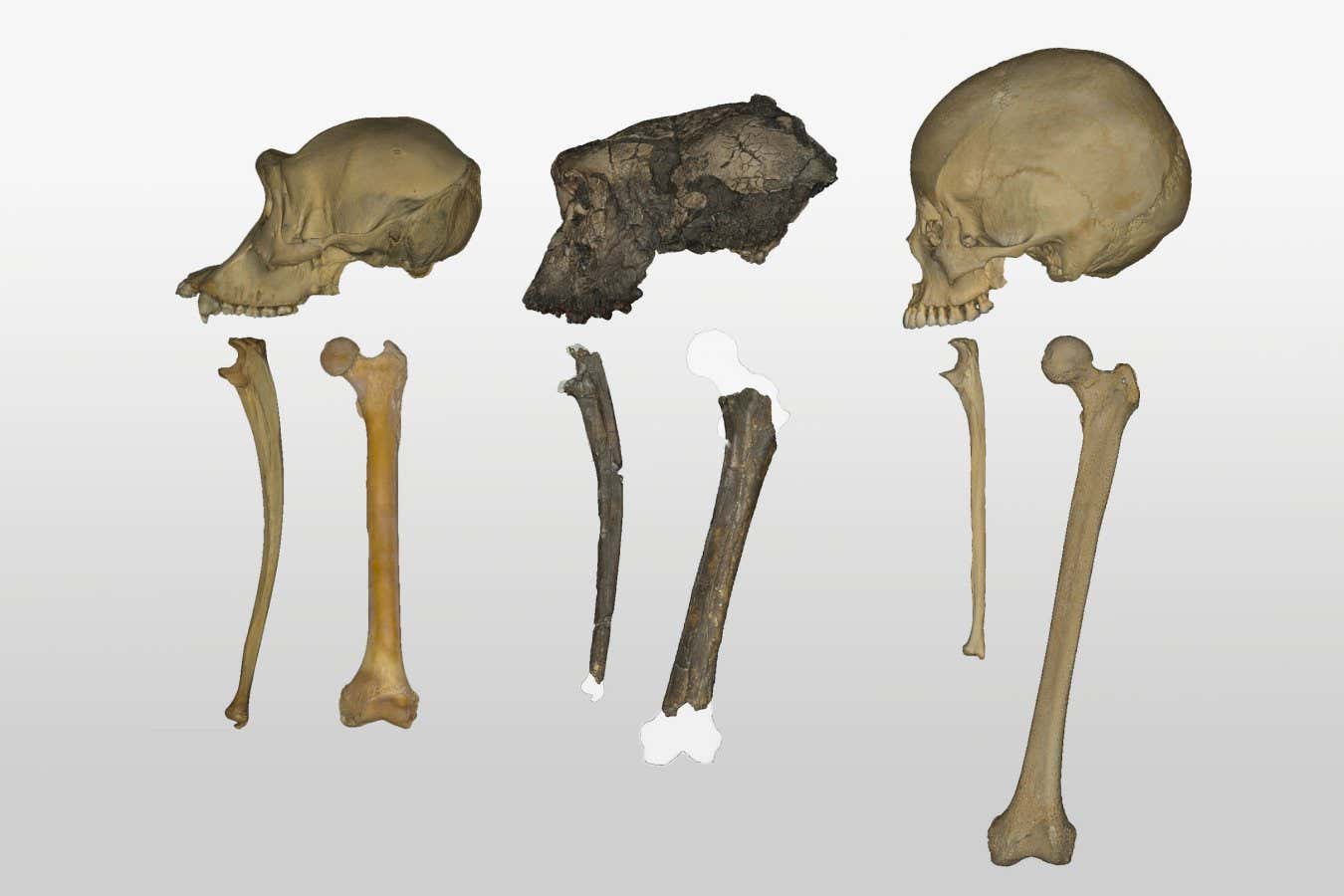A recent study published on November 9, 2025, in *JAMA Network Open* highlights the significant role of prenatal care in determining delivery outcomes for neonates with congenital heart defects (CHDs). Conducted by a team led by Christina Laternser, Ph.D., from the Ann & Robert H. Lurie Children’s Hospital of Chicago, the research reveals that increased prenatal visits correlate with a lower likelihood of delivery at specialized cardiac centers for infants with mild CHDs.
The investigation focused on neonates born with CHDs in Illinois between 2013 and 2021. Out of 12,113 cases of CHD, only 3,076, or 25.4%, were delivered at a cardiac center, while 1,579, or 13.0%, had severe forms of the condition. The study found that among these infants, 2.3% received no prenatal care, and 13.4% had inadequate prenatal care. In contrast, 10.8% received intermediate care, while 34.8% and 38.8% were categorized as having adequate and adequate-plus prenatal care, respectively.
The researchers identified a clear association between the initiation of prenatal care and delivery outcomes. Infants with mild CHD had a 10.5 percentage point higher probability of being delivered at a cardiac center with adequate prenatal care, while those with severe CHD showed a 30.2 percentage point increase in this likelihood. Notably, for cases of mild CHD, adequate-plus prenatal care was linked to a 6.7 percentage point lower probability of delivery at a cardiac center when compared to intermediate care. Interestingly, for severe CHD, the frequency of prenatal visits did not appear to influence the delivery location.
Joyce Woo, M.D., senior author of the study, emphasized the importance of prenatal care in ensuring that newborns with congenital heart defects are delivered at facilities equipped to provide the necessary level of care. “Prenatal care ensures that babies with congenital heart defects are born at the right location with the appropriate intensity of care based on their clinical needs,” she stated.
The findings of this research underscore the critical nature of adequate prenatal care in managing congenital heart defects and could influence future prenatal care guidelines. For more detailed insights, the full study is available in *JAMA Network Open*.
Further information can be accessed through the study: Christina Laternser et al, “Prenatal Care and Perinatal Regionalization for Congenital Heart Defects,” DOI: 10.1001/jamanetworkopen.2025.42135.







